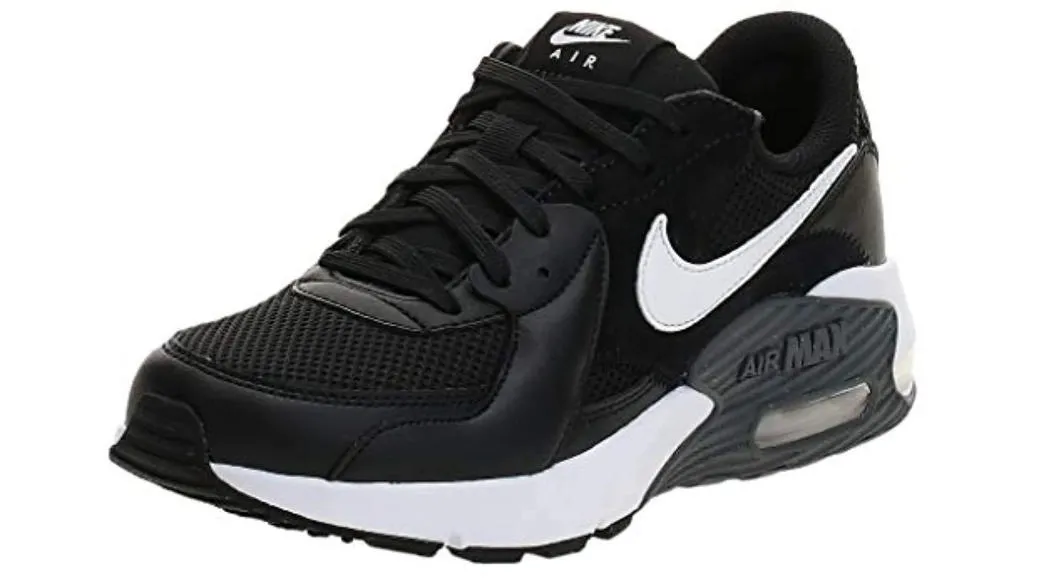US President Donald Trump launched a bold “reciprocal tariff” policy on Thursday. This move aims to penalize countries that charge high tariffs on American goods. However, the policy may hurt global brands like Nike, which rely on low-cost overseas manufacturing.
Expert Uses Nike to Explain the Impact
Deepak Shenoy, founder and CEO of CapitalMind, broke down the policy’s effect using Nike as an example.
In a post on X, Shenoy wrote, “Nike makes expensive shoes. It makes half of them in Vietnam, in a subsidiary that effectively costs them a fraction of what they sell these shoes at. This is the business model — own the brand and marketing — and keep manufacturing costs low. Most of the cost — ads, marketing, R&D, distribution — are in the US. The Vietnam thingy is a sidebar. It costs $18 in Vietnam to make a shoe that sells for $115.”
Markets are basically like people who have taken cocaine. Overreact to everything, and have short term memories.
Nike makes expensive shoes. It makes half of them in Vietnam, in a subsidiary that effectively costs them a fraction of what they sell these shoes at. A thread: https://t.co/rflqOk22Ek
— Deepak Shenoy (@deepakshenoy) April 4, 2025
Nike’s business model focuses on brand-building and marketing in the US. Manufacturing takes place abroad to cut costs. Even with a 46% tariff on Vietnamese imports, Shenoy estimated the increase per shoe would be about $8.28. That’s less than a 10% jump. So, Nike could raise the price of a $115 shoe to $124 and still remain profitable.
Tariffs Could Backfire on Americans
Shenoy warned the new tariffs could backfire. He said American consumers might end up paying more in the long run. He posted on X, “There isn’t even a need for retaliation, honestly. Let Americans pay for this for a while and see how it pans out.”
He called the US tariff move “very aggressive” and raised concerns about global market reactions. “I suppose it’s not crazy if all central banks dump the US dollar and move to euro bonds or JPY for reserves. No point using USD as currency any longer since they won’t import from you meaningfully. Things will change slowly but surely,” he added.
Stocks Fall After Tariff Announcement
Soon after Trump’s announcement, stocks of major apparel brands dropped. On Wednesday, the US imposed steep new tariffs: 46% on Vietnam, 49% on Cambodia, 34% on China, and 32% on Indonesia.
These countries are major production hubs for top American brands.
Nike and Adidas have invested heavily in Vietnam. Today, Vietnam produces about half of Nike’s shoes and nearly 40% of Adidas shoes. Together, these exports bring in more than $20 billion a year.
But markets reacted quickly. Nike’s stock fell 7.3% in after-hours trading. Lululemon, which makes 40% of its goods in Vietnam, saw an 11% drop. Gap, which sources 27% of its products from Vietnam, also lost 11%. Abercrombie & Fitch dipped but recovered later.
Real-World Price Hikes on the Horizon
According to the New York Post, a 46% tariff could add $18 to the cost of Air Jordan 1 High sneakers. These shoes currently sell for $180.
Other popular Nike models could see prices rise by $15 to $35. A UBS report said consumers may face a 10% to 12% hike on Vietnamese imports.
For example, the Nike Air Force 1 sells for $115. It costs $18 to manufacture in Vietnam. With the new tariff, each pair would now cost Nike $26.28. Since one container can carry 8,000 shoes, the overall increase in shipping costs would be massive.























